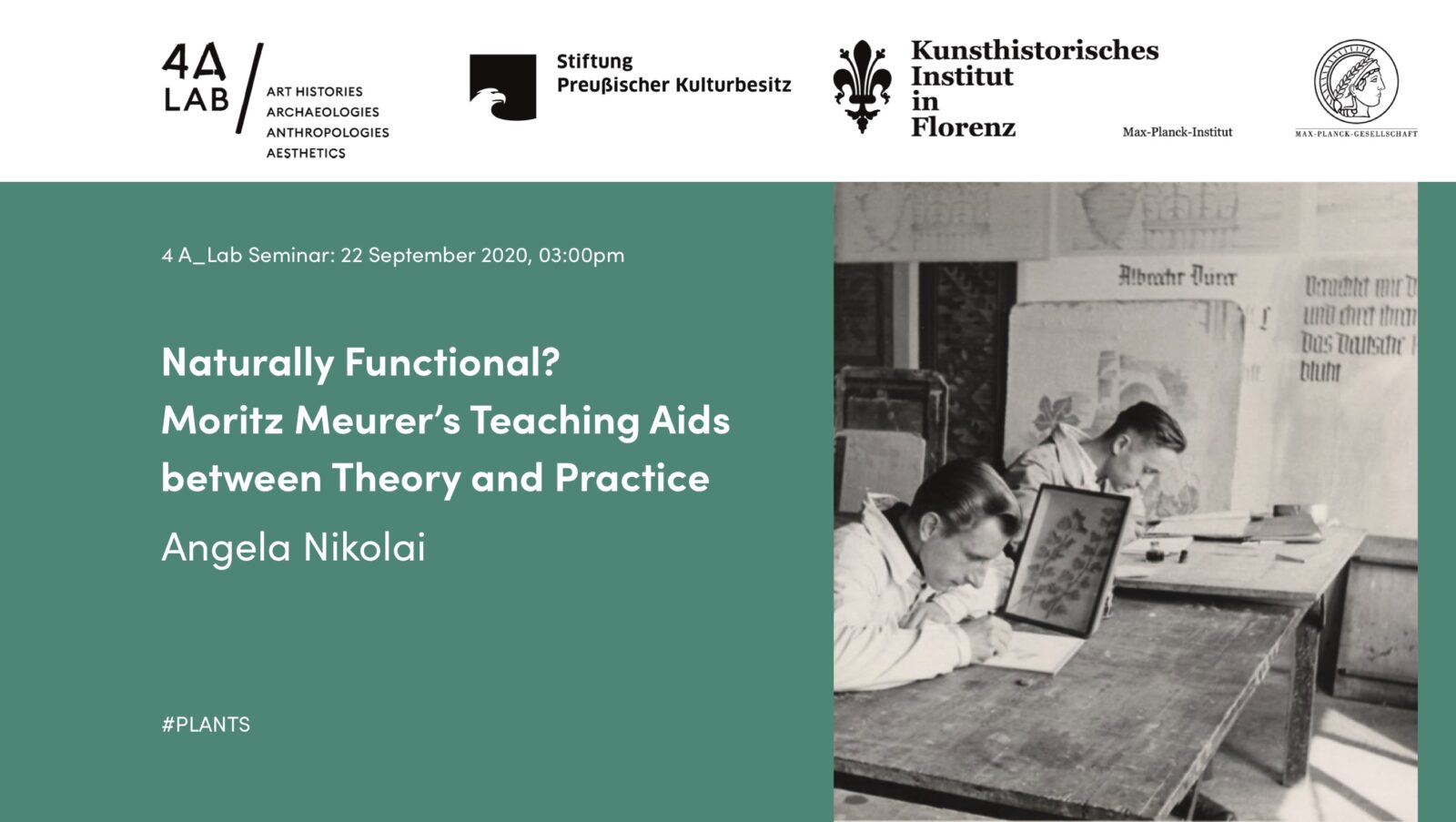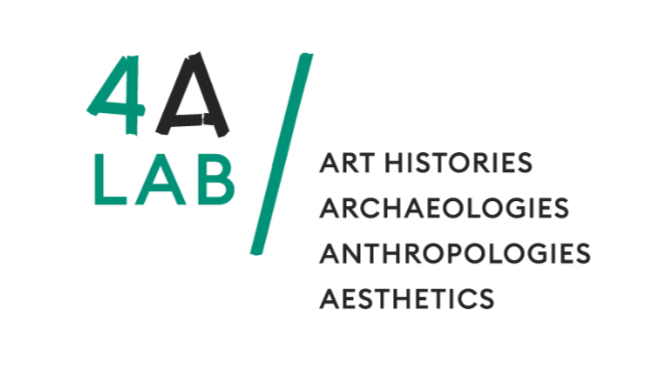Media Library, Objects, Plants, Practices
VIDEO: Naturally Functional? Moritz Meurer’s Teaching Aids Between Theory and Practice, by Angela Nikolai
Angela Nikolai’s presentation delves into the practices and processes related to the use of teaching aids in art education, with particular reference to the work of Moritz Meurer (1839–1916). The talk took place on October 13, 2020 in the framework of the 4A_Lab online seminar series.
28.09.2020

Drawings, casts, naturalia, and photographs are ranked among the staples of artistic training. While their didactic effectiveness—learning to see, draw, and compose in a predetermined manner—is widely acknowledged, other decisive aspects have only recently started to attract attention: materiality and media specificity; discursive contexts and networks of production; and, above all, the relationship between factuality, intended function, and usage of teaching material. Following an interest in media culture and practices of art education, Angelika Nikolai questions the predominant functionalist reading of didactic aids by emphasizing instead their material, technical, aesthetic, and semantic properties. This approach is exemplified by the teaching collection for comparative plant studies conceived and produced by the artisan teacher Moritz Meurer (1839–1916) and his workshop between 1891 and 1910.
Angela Nikolai’s presentation begins with a short tour of a mixed media ensemble, containing, among other things, preserved specimens, casts, bronze models, prints, electroplating, and photographs; she then moves on to discuss the institutional and structural framings of the objects presented, as well as the methodological challenge of historicizing the practices connected with such teaching aids. By doing so, the author of this paper not only hints at the Eigensinn (H. P. Hahn) of pedagogic objects, thereby countering their assumed a priori functionality and self-evidence; more importantly, she attempts to develop an organic approach that allows us glimpses into the “black box” onto which object-based social and epistemic practices of art and crafts education are still being inscribed.
Angela Nikolai’s talk on “Naturally Functional? Moritz Meurer’s Teaching Aids between Theory and Practice” took place on October 13, 2020 within the framework of the 4A_Lab online seminar series.
